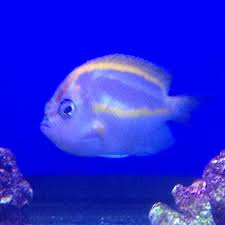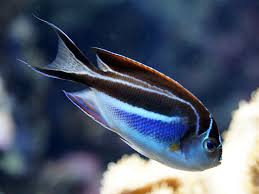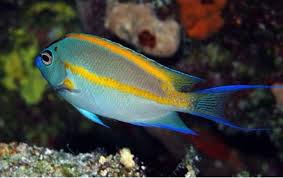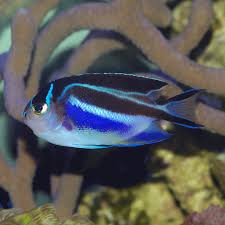Dragons in Paintings of Deities and Sacred Creatures in Chinese Culture
In Chinese culture, dragons are not only seen as a symbol of imperial power and auspiciousness but also as integral beings in the spiritual and religious realms. Often depicted alongside deities, divine creatures, and mythological figures, dragons have become central characters in Chinese religious art, representing both protective forces and symbols of cosmic harmony. Their









